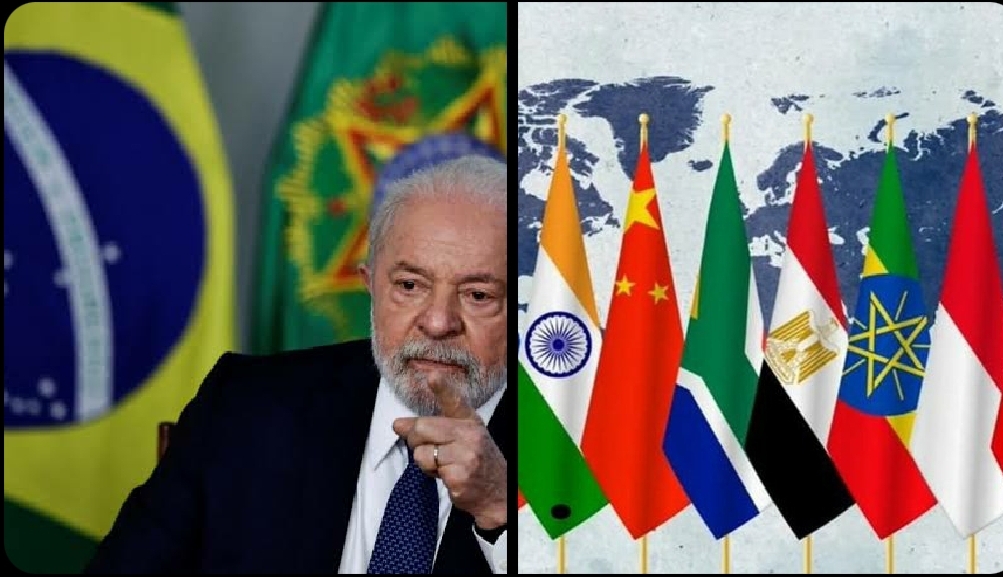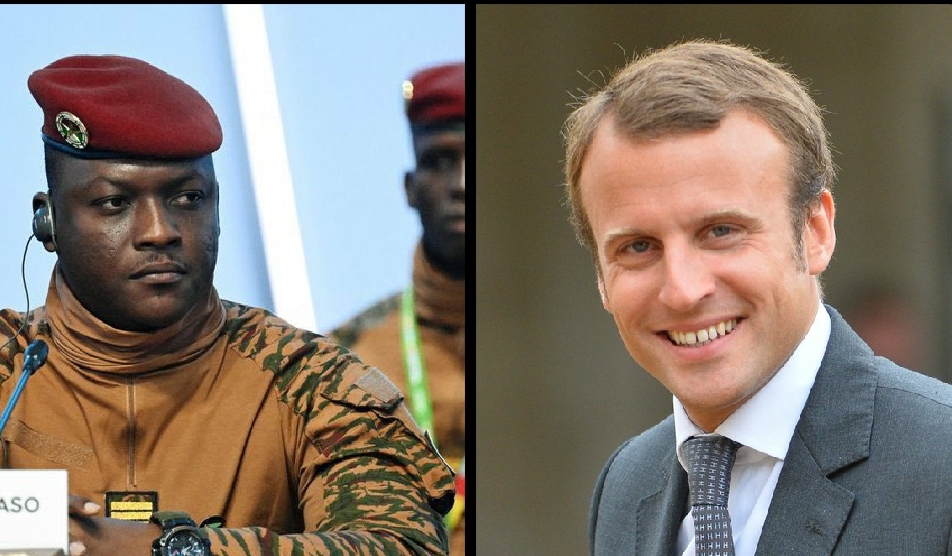
Lula Strikes Back: Brazil Rallies BRICS Against Trump's Tariff Bombshell

In a stunning escalation of global trade tensions, Brazilian President Luiz Inácio Lula da Silva has officially urged BRICS nations to impose retaliatory tariffs on the United States, following former U.S. President Donald Trump's announcement of a 50% tariff on Brazilian goods. What started as a politically charged trade decision by Trump has now snowballed into a potential full-scale economic standoff between the world's most powerful emerging economies and the globe’s largest economy.
The spark? Trump’s abrupt move to slap 50% import duties on a wide range of Brazilian exports — from steel and copper to coffee and beef — citing what he claimed was Brazil’s “weaponization of the judiciary” in its legal pursuit of former President Jair Bolsonaro. According to Trump, Brazil’s ongoing prosecution of Bolsonaro represented "deep interference" in what he described as the political balance of the Americas. But for Lula, it was the last straw.
Standing on the global stage at the BRICS Summit in Rio, Lula did not mince words. "Brazil is not a colony, and we will not be bullied," he declared. "If the U.S. government thinks it can slap tariffs and expect silence, it is mistaken. We will respond — and we will respond together."
Behind the scenes, Brazil has already activated its newly passed Trade Reciprocity Law, which allows for immediate retaliation against any nation imposing unfair duties. But Lula's strategy goes further: he's calling on China, Russia, India, and South Africa — the other BRICS giants — to form a united trade wall against the U.S.
If successful, it would mark the first coordinated economic retaliation by BRICS against American protectionism, and the biggest challenge yet to U.S. trade supremacy in the Global South.
According to diplomatic insiders, BRICS finance ministers are already meeting to consider a framework for mirrored tariffs — duties designed to strike back at vulnerable U.S. export sectors such as agriculture, technology, and pharmaceuticals. While each country faces its own internal pressures, Lula's assertive tone is being seen as a rare moment of unified defiance.
Markets reacted instantly. The Brazilian real dipped slightly amid volatility, but analysts say long-term investor sentiment may improve if the country shows it can defend its trade interests. Meanwhile, U.S. firms with heavy exposure to Latin America — especially those in commodities and energy — are watching nervously. Wall Street Journal analysts warned that a BRICS tariff bloc could severely disrupt American exports, especially as U.S. agriculture continues to rely on foreign buyers.
This isn't just about soybeans and steel, though. It's about power, prestige, and positioning in the new multipolar order. Trump’s protectionist policies, once confined to rhetoric, have now triggered an international confrontation that could reshape the architecture of global trade.
Critics of the former U.S. president argue that his tariffs are less about economics and more about vengeance — particularly as Bolsonaro faces growing legal woes back home, including charges of corruption and electoral interference. Trump and Bolsonaro have publicly aligned on several occasions, and many believe Trump’s tariff announcement is a personal favor masquerading as policy.
In Brazil, the mood is fiery. Protesters took to the streets in São Paulo waving signs that read, “We’re not Trump’s backyard!” while on X (formerly Twitter), hashtags like #LulaStrikesBack and #BRICSUnite began trending within hours.
But the real storm may still be forming. If BRICS retaliates in full, the global economy could be staring down a new Cold War of tariffs, where trade alliances fracture and supply chains shatter across continents. Such a shift would hurt not just American businesses, but millions of consumers worldwide as prices surge and access to basic goods tightens.
Lula, however, seems undeterred. “We are ready,” he told a packed press room. “We are not seeking conflict, but we will not fold to threats. Brazil is sovereign. BRICS is strong. And the future is not unipolar.”
With trade ministers mobilizing and summit diplomacy intensifying, all eyes now turn to Washington. Will the U.S. double down, or will Trump's tariff offensive backfire, forcing a policy walk-back? Either way, the game has changed — and the balance of power may never look the same again.
One thing is certain: Lula’s challenge to Trump has officially launched the most serious BRICS vs. U.S. showdown in modern history — and it’s only just beginning.
📌 Stay locked on Busterblog.com for breaking updates on this high-stakes economic war and the power plays shaping our global future.


